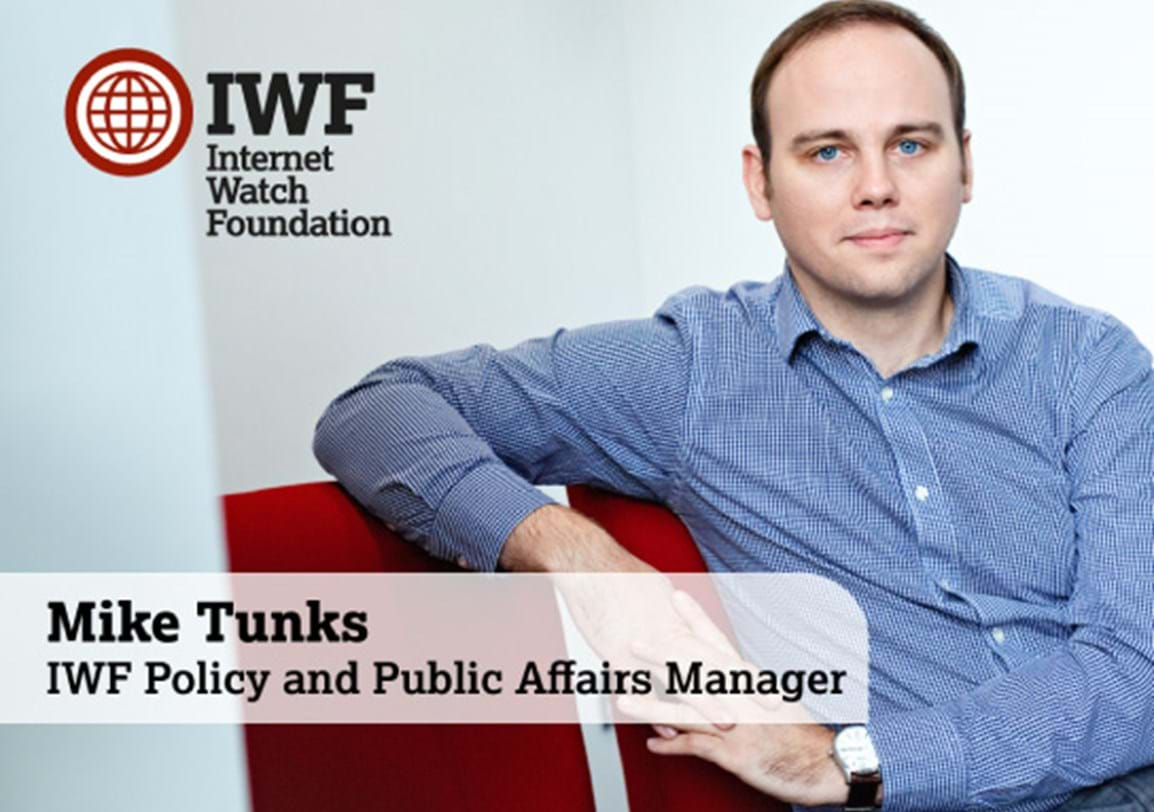
How online predators use privacy apps. New podcast episode from the IWF
In Converstaion with Tegan Insoll, Head of Research at Suojellaan Lapsia, and Dan Sexton, Chief Technology Officer at the IWF

Published: Mon 17 Sep 2018
As children up and down the country prepared to go back to school, Members of Parliament were also returning to Westminster fresh from the summer recess. It was perhaps fitting with the new school term starting that Home Secretary, Sajid Javid, chose to remind us of the scale, complexity and ever-evolving threat of keeping children safe online.
For many of us working in the space of child online protection, the content of his speech was, sadly, not particularly surprising. Our own Annual Report statistics from 2017 show that the younger a child, the more severe the abuse tends to be. 63% of the images and videos we removed from the internet last year in the 0-2 age category was Category A- the most severe forms of abuse imaginable. Along with the police and other child protection agencies we have been making the point about the scale of this threat for the past three or four years.
What, however, was new and refreshing was the Home Secretary’s personal commitment to ensuring the issue of keeping our children safe online was a top priority for Government. His commitment to law enforcement, by pledging a further £21 million to them and the announcement of a further £2.6 million to collaborate with child protection agencies to improve understanding of offender behaviour and preventing future offending were particularly welcomed. These were two recommendations from a recent report that we worked in partnership with the independent think-tank Demos to produce.
The report made seven recommendations on prevention, detection, measurements and the importance of responsible reporting and many of them featured prominently in the speech.
Outside of these commitments, there was little acknowledgement from the Home Secretary about some of the good progress that has been made on removing child sexual abuse material from the internet, with only a couple of references to Microsoft’s PhotoDNA and attempts by them and Google to make changes to their algorithms to make it harder to find child sexual abuse material online the only notable exceptions of where industry had made progress. Instead he was clear in his message, he was “demanding” that tech companies do better.
Many of the areas for improvement he suggested, also appeared as issues in our recent paper with Demos. Live-streaming, grooming, the interconnected nature of the internet, the dark web and encryption are all challenges that not only trouble the Home Secretary, they also trouble us and our Members.
He provided hints as to where the Government may increase regulation around technology companies in its forthcoming White Paper on Internet Harms, by proposing that companies block child sexual abuse as soon as they detect it being uploaded and increasing transparency and co-operation between companies. These are measures the IWF fully support and sit squarely within our remit and work with tech companies. Our services are shared across the tech sector on a sliding scale of fees related to size and sector which mean that it should be a commercially viable decision to join our 140-strong membership base and commit to helping us, law enforcement and government in eradicating child sexual abuse imagery online.
The Home Secretary also mentioned issues related to live-streaming and grooming. These are particularly complex and challenging areas that require more than just a technical response. They also require social and legislative responses. Despite the UK Government introducing world-leading legislation to make sexual communication with a child an offence last year, it can be difficult to detect, enforce and convict the offence because there are significant challenges posed by privacy issues, contextual understanding of what is being monitored and the volumes of information online which requires a cooperation between tech, politicians and the public. There is also a particular need to ensure that any legislation that is passed not only enables us to respond to the challenges of today, but they also stand up to future challenges. We are looking forward to debating these issues and participating in the meeting of industry experts in the US in November at the event the Home Office is co-ordinating in partnership with Microsoft.
The Home Secretary was also right when he said: “Rocketing global internet access in Africa, Asia and the Middle East is a good thing for many reasons, but it has also meant that more children than ever before are being exploited online in these parts of the world.”
That is why the IWF, building on its success of reducing UK hosted content to less than 1% is now focussing its efforts on the international challenge. By 2020, we will have established 48 Reporting Portals around the world, providing a place for people in those countries to securely and anonymously report suspected child sexual abuse content and remove it from wherever it is hosted.
In conclusion, his speech was hard hitting, made for some uncomfortable reading but ultimately demonstrated why we all need to work together to solve this issue. As the Home Secretary concluded, there is a lot of work ahead. We believe that this issue will only be solved by working in partnership across Government, civil society and tech to create the right solutions.

In Converstaion with Tegan Insoll, Head of Research at Suojellaan Lapsia, and Dan Sexton, Chief Technology Officer at the IWF